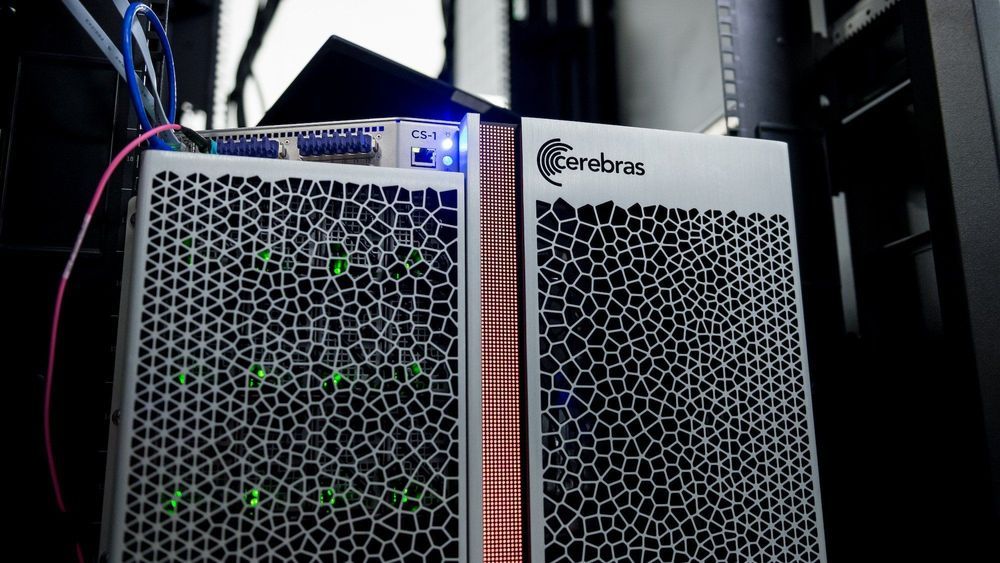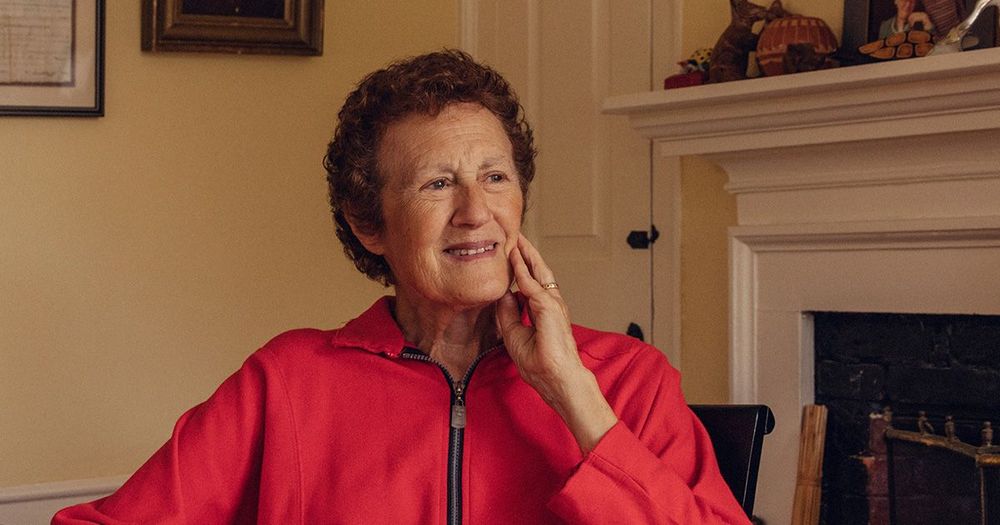“We want a new space race—space races are exciting,” declared SpaceX founder Elon Musk after the successful inaugural flight last year of the Falcon Heavy, the most powerful rocket since the Space Shuttle.
Hawks and headline writers think space races are exciting too, especially the “new space race” between China and the United States. That’s why they keep referring to it—even though it doesn’t exist.
Historic changes are indeed afoot in the space sector. Private crewed spaceflight is about to come of age. Mobile robotic spacecraft are being built to rendezvous with satellites to service them. Vast swarms of broadband satellites are set to make the Internet truly global for the first time, and increase the number of spacecraft in orbit tenfold. Back on Earth, satellite imagery fed through artificial intelligence algorithms promises powerful insights into all manner of human activity. Dozens of countries are active in space and the number is growing all the time. The tired trope of the superpower space race does little to make sense of all this.





